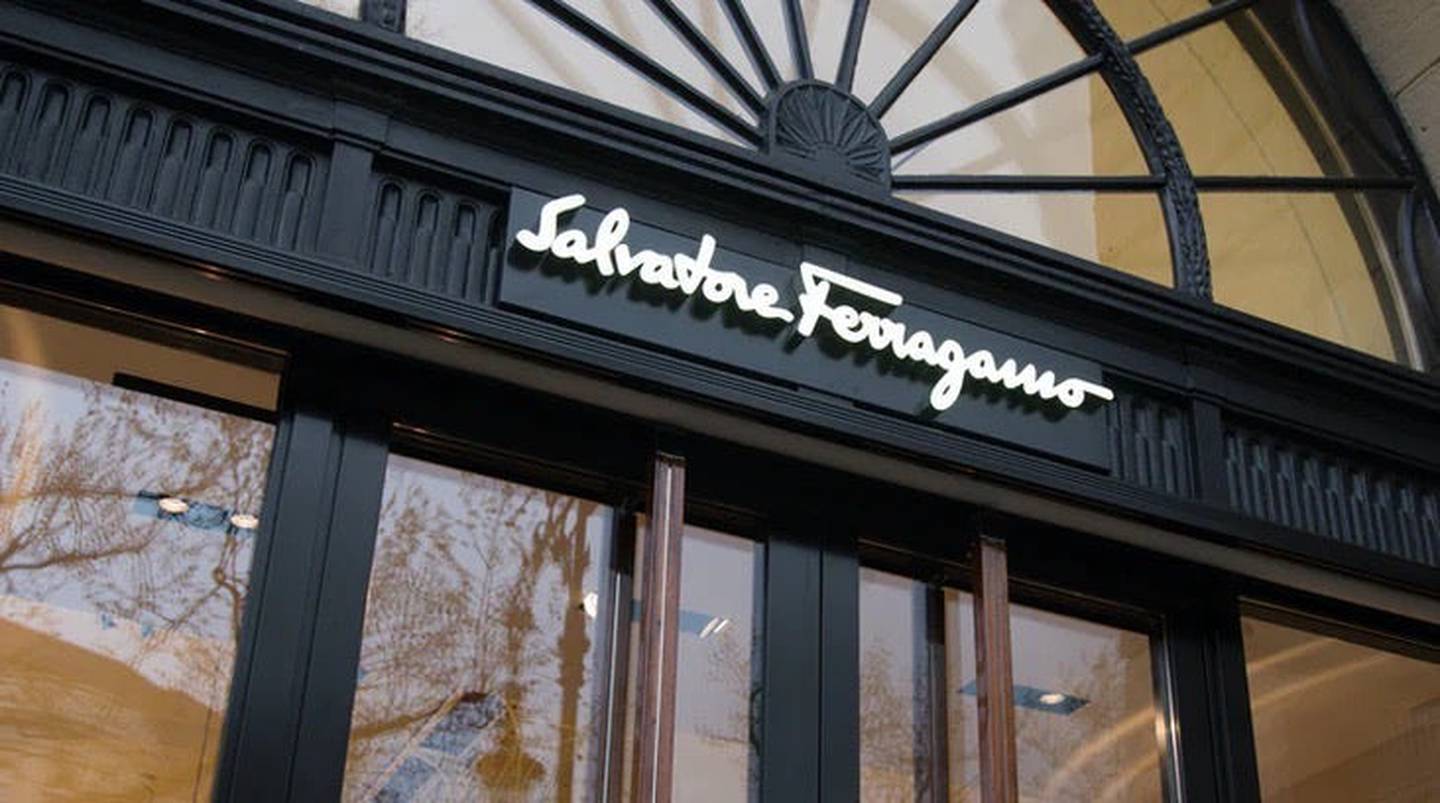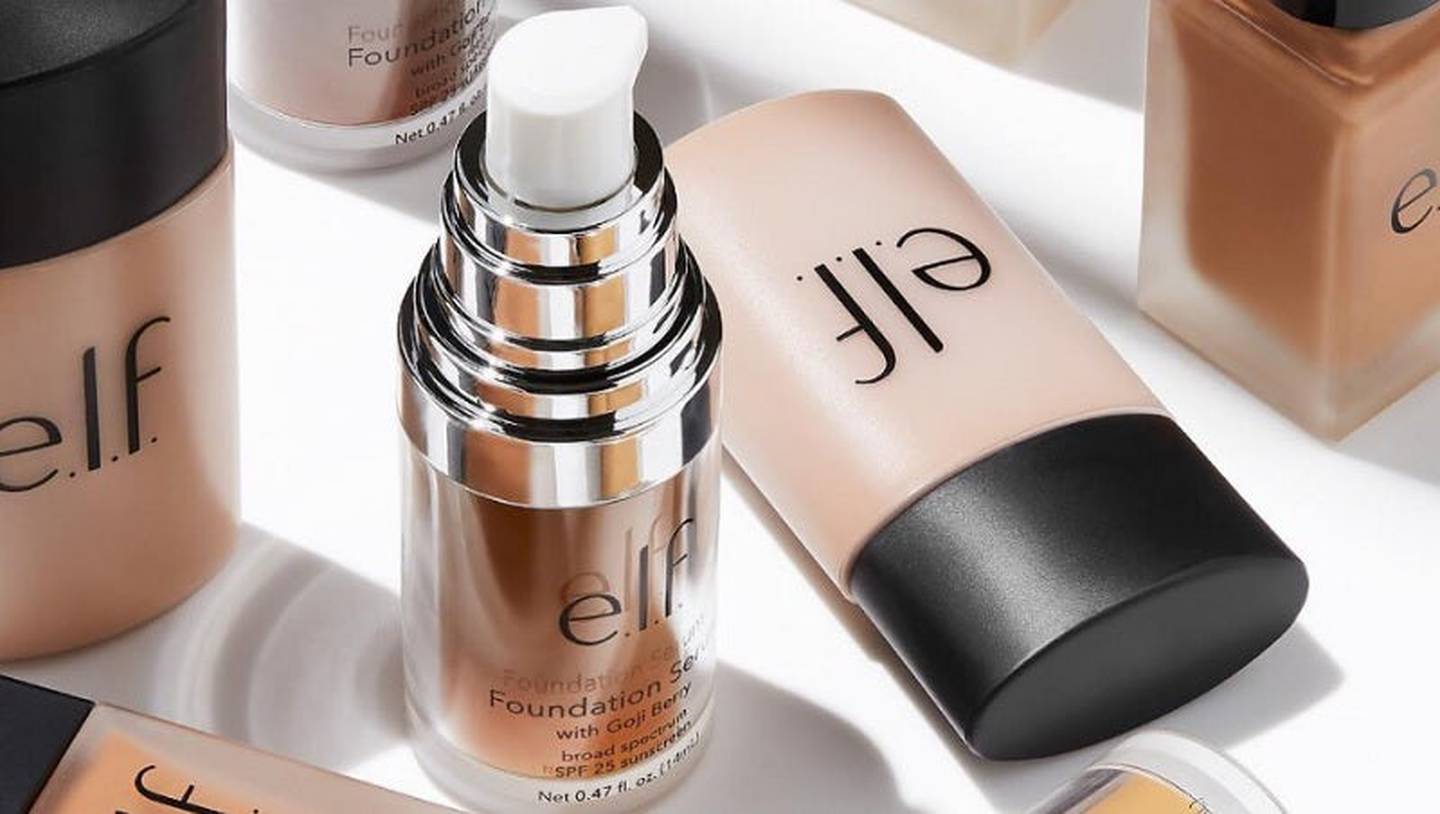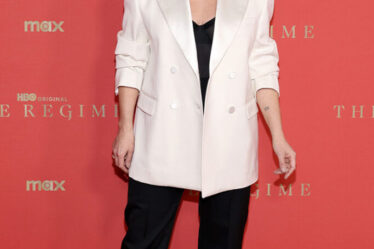
After a long lull, a blockbuster IPO is finally on the horizon for fashion.
Birkenstock, the German brand that makes instantly recognisable leather-and-cork sandals, could go public as soon as next month, according to media reports this week. Its listing is expected to value the company at up to $10 billion — a marked uptick from the $6 billion valuation that people close to the company were eyeing less than a month ago.
A successful IPO would not just be good news for L Catterton, the private equity firm that acquired Birkenstock in 2021. It would also point to a thaw in capital markets, where rising interest rates, geopolitical uncertainty and other forces have kept many investors on the sidelines for the last 18 months. Birkenstock’s IPO would be only the second in the fashion space since 2021, aside from Lanvin last December (Oddity Tech, an Israeli cosmetics firm that owns Il Makiage, listed in July).
And Birkenstock is hardly the only consumer-facing company readying to go public in the coming months. Chinese fast fashion behemoth Shein is reportedly considering an IPO — though the company has publicly denied these reports. Skims, Kim Kardashian’s shapewear brand, is believed to be in the early stages of planning an IPO. Its most recent investment round was led by Wellington Management, a large investment firm with a history of taking asset companies public, and valued the company at $4 billion.
To be sure, the market has a long way to go to recover. In the first half of the year, companies raised $10.1 billion via IPOs, according to advisory firm Ernst & Young. That’s more than in all of 2022, but a paltry sum compared to the $84.2 billion raised in the first half of 2021. Most of the fashion companies that were rumoured to be prepping IPOs haven’t publicly revived those plans, including Fabletics, sock maker Bombas and e-tailer Luisa Via Roma. Accessories chain Claire’s announced in June it would postpone an IPO, citing market conditions. A SPAC backed by LVMH founder Bernard Arnault recently dissolved because it failed to find a target company to acquire.
“We have seen a bit of a pickup,” said Joe Mantone, author of S&P Global Market Intelligence’s quarterly white paper on M&A and equity capital markets activity ” It’s definitely a positive for the market, but it’s certainly nowhere close to gangbusters.”
The risk-averse environment is one reason the companies plotting listings today tend to be more mature, with track records of profitability, Mantone said. That’s in contrast to the IPO craze in 2021 when the backers of e-commerce start-ups like Allbirds, Rent the Runway and Warby Parker cashed out via IPO. Those companies have all seen their share prices plummet as they struggled to demonstrate a clear path to profitability.
Birkenstock, which is nearly 250 years old and had adjusted earnings of €394 million ($434 million) last year, does not have this problem. Jens Grede, Kardashian’s Skims business partner, has said in interviews that the company is profitable as well. Oddity, which is also profitable, saw its shares spike 36 percent on its first day of trading. They’ve risen further since then.
“Now, while IPOs are starting to get done again, pricing and multiples are still down versus the peaks from a few years ago,” said Ryan Nelson, partner at venture firm Jobi. “I’d expect investors to be more judicious in the coming months and valuations to stay within reasonable ranges.”
Even with a healthier income statement and an exuberant market, an IPO’s success is never guaranteed. Some also question whether the stock market rally, which has sent the S&P 500 soaring to its highest level since April 2022, will continue.
But it’s undeniable that the recent success of Oddity’s IPO, and the uptick in planned listings, reflect some degree of optimism. After all, inflation is cooling, retail sales are holding steady, and job growth continues to be strong. All signs point to the possibility that central banks have pulled off a “soft landing,” in which higher interest rates cool price increases without sending the economy into recession.
“I don’t think we’ll see a full recovery in 2023,” said Mantone. But he added: “We have seen some momentum, and the players in the market are looking to build upon that.”
THE NEWS IN BRIEF
FASHION, BUSINESS AND THE ECONOMY
Ferragamo’s sales declined in the first half. First-half sales at the Italian luxury goods group Salvatore declined by 7.2 percent at constant currencies to €600 million ($657 million), hit by double-digit drops in both North America and Asia Pacific.
Hugo Boss guidance upgrade leaves investors wanting more. The German fashion brand nudged its guidance to between full-year sales of €4.1 billion and €4.2 billion ($4.5 billion and $4.6 billion), up from a previous forecast of €4 billion, amid an ongoing turnaround effort. The outlook for operating profit growth of between 20 percent and 25 percent, rather than between 10 percent and 20 percent.
Yeezy destocking helps lift Adidas’ sales outlook. Annual sales at the German brand are expected to decline only slightly, confirming strong demand for its remaining Yeezy shoes would help narrow a projected full-year loss to €450 million, compared with a previously expected loss of €700 million.
Canada Goose sees weak Q2 as choppy US demand douses China rebound. Revenue from Canada Goose’s Asia Pacific segment jumped 52.2 percent to C$24.5 million in the first quarter that ended July 2, building on a 65.4 percent surge seen in the previous quarter. This was boosted by the return of tourism in China, leading to strong growth in key areas like Macau and Hong Kong.
Zalando nearly doubled operating profit in Q2 on better-order economics. Its second-quarter adjusted earnings before interest and tax (EBIT) grew 87 percent, to €144.8 million ($158.24 million), compared with the same quarter last year.
American Eagle sees second-quarter revenue above previous forecast. The teen apparel maker now expects revenue for the quarter to be flat to a year earlier, compared with its prior forecast of down low-single digits. It sees operating income exceeding previous guidance of $25 million to $35 million.
Duty-free retailer Dufry nearly doubles H1 turnover, surpassing pre-pandemic levels. The company, which runs shops at tourist locations worldwide, posted revenue of 95.6 percent to 5.72 billion Swiss francs ($6.54 billion), up 27 percent from 2019′s pre-pandemic level.
Next raises annual profit guidance. British fashion retailer Next raised its guidance for annual profit by £10 million ($12.7 million) to £845 million.
US fashion brands urge early renewal of Africa trade programme. The African Growth and Opportunity Act, first enacted in 2000, is set to expire in 2025, and US officials have said the qualifying criteria for beneficiaries could be revised or the programme replaced.
Armed robbers steal millions worth of jewellery from a Piaget store in Paris. Armed robbers raided a store of the luxury Swiss watch brand Piaget in central Paris on Tuesday, escaping with between €10 million and €15 million ($11 million and $16.5 million) of jewellery.
Goosedown out, Bulrush in: The plant refashioning puffer jackets. BioPuff, a new plant-based material manufactured by start-up Saltyco, could line clothing at a fraction of the environmental footprint as traditional stuffing.
THE BUSINESS OF BEAUTY

E.l.f. raises sales outlook. E.l.f. Beauty Inc. increased its fiscal year sales outlook, up $802 million compared with between $705 million and $720 million previously, while adjusted earnings per share are expected to reach $2.19 to $2.22. Meanwhile, the brand said it continues to have traction with budget shoppers expects to double its US business in the next decade.
Beiersdorf hikes organic sales aim on demand for Nivea sunscreen. Beiersdorf expects organic sales for the year to grow within a high single-digit to low double-digit percentage range, after its core brand Nivea and high sunscreen demand drove growth in half-year organic sales. First-half sales grew 12.3 percent from a year earlier to €4.9 billion ($5.35 billion), with an adjusted operating profit (adjusted EBIT) of €852 million, up from €710 million a year ago.
Fragrance maker Symrise reports a decline in profit. The German flavour and fragrance maker posted an 8 percent fall in half-year core profit, recording EBITDA of €446 million ($490 million) after being impacted by a production shut-down and higher energy and raw materials costs as well as a reorganisation of its scent and care business.
Estée Lauder bulls flee, citing China recovery concerns. Several equity analysts have downgraded Estée Lauder Cos. ahead of its fiscal fourth-quarter earnings report on Aug. 18. A key concern for analysts involves the slow recovery of China, a key market said to typically account for around one-third of its revenue.
Prada’s beauty line launches. The products — priced from $50 for lipstick and $360 for face cream — were developed by French conglomerate L’Oréal, which acquired Prada’s fragrance licence, formerly held by Puig, in 2019.
PEOPLE

Premier League football team Crystal Palace hires a creative director. English football team Crystal Palace has become the first club in the Premier League, the world’s most-watched football competition, to hire a creative lead to oversee apparel collections and fashion partnerships.
Revlon appoints interim CEO, Debra Perelman departs. The cosmetics company, which emerged from Chapter 11 bankruptcy in May, appointed Elizabeth A. Smith as its interim chief executive.
Compiled by Sarah Elson.



